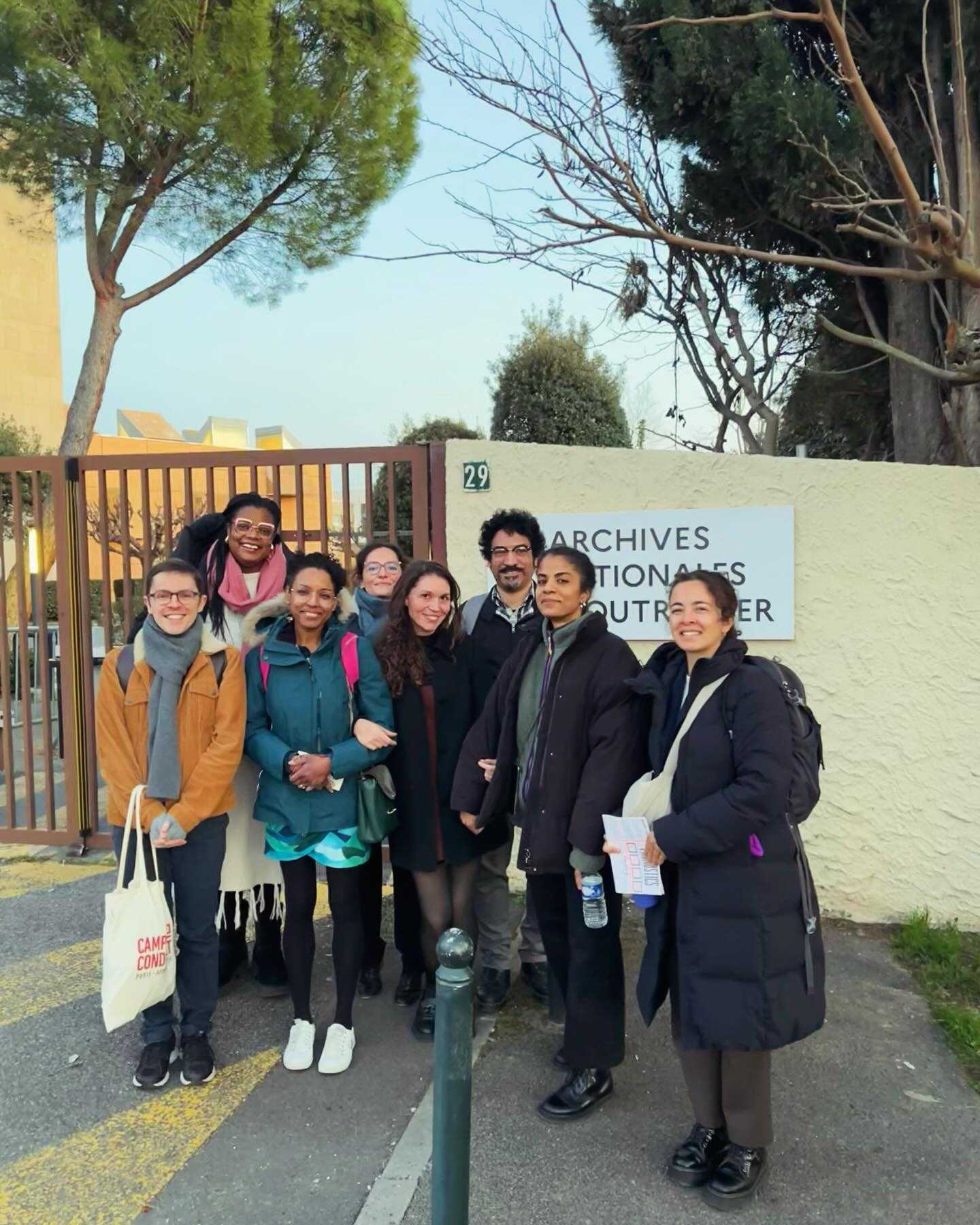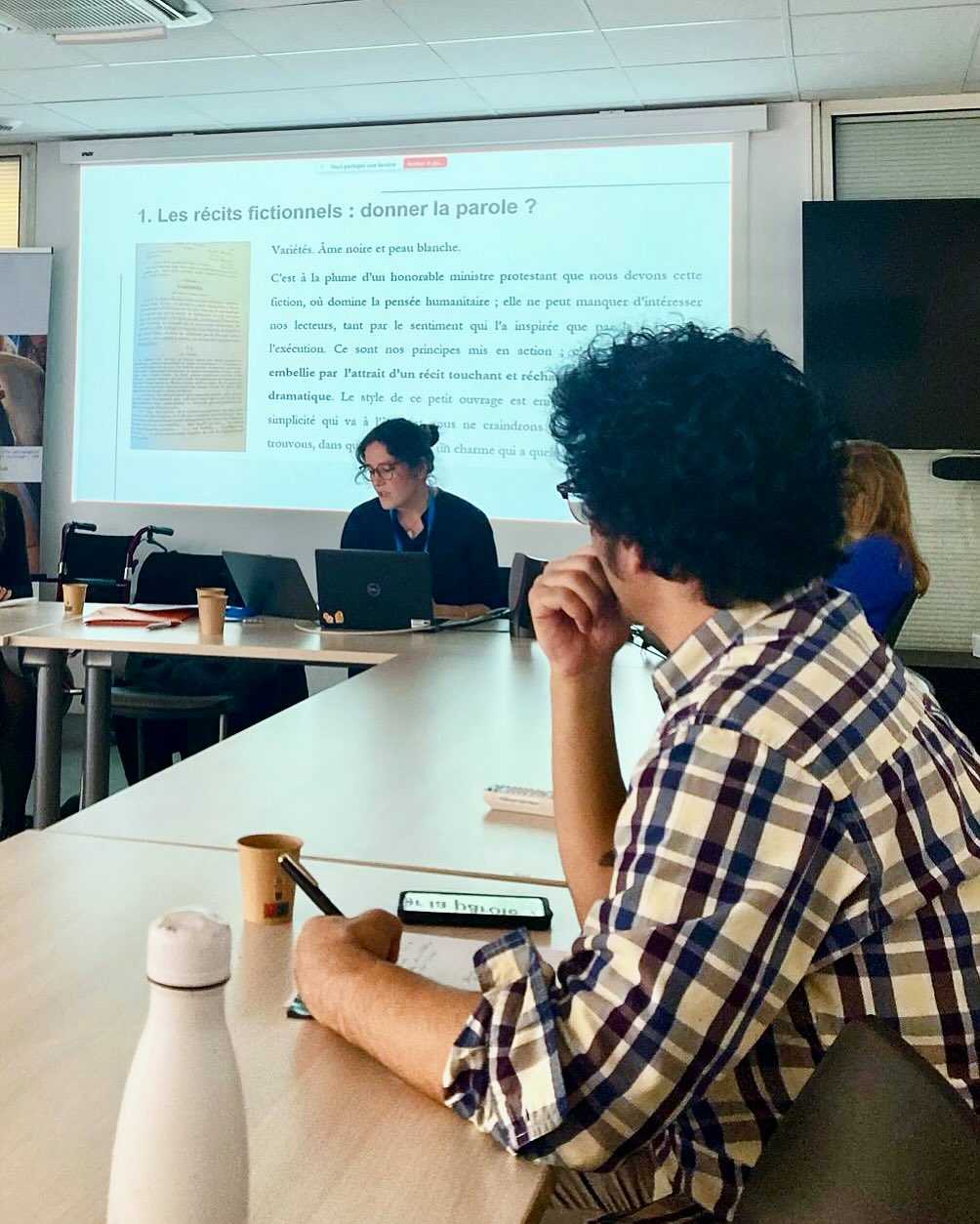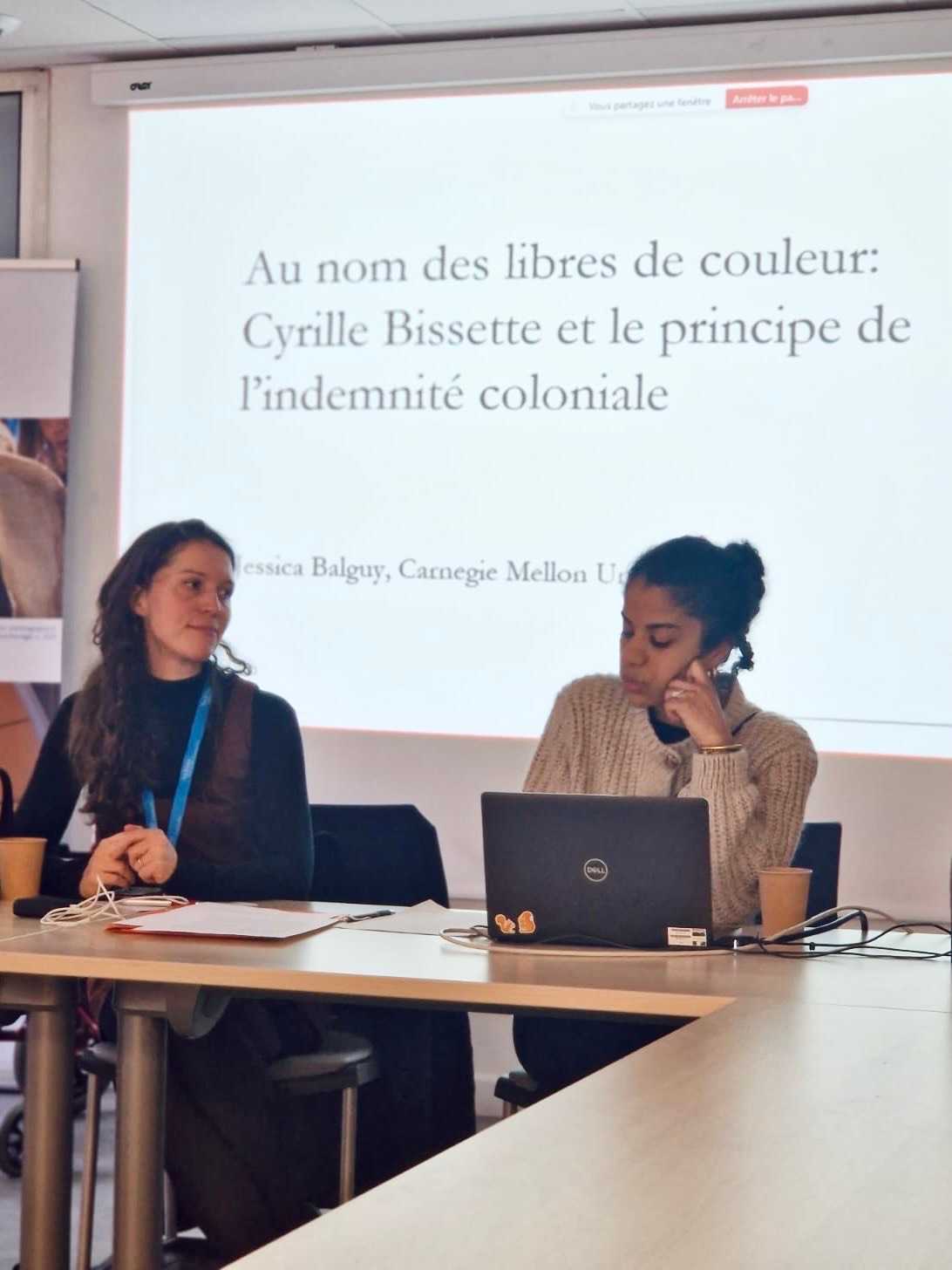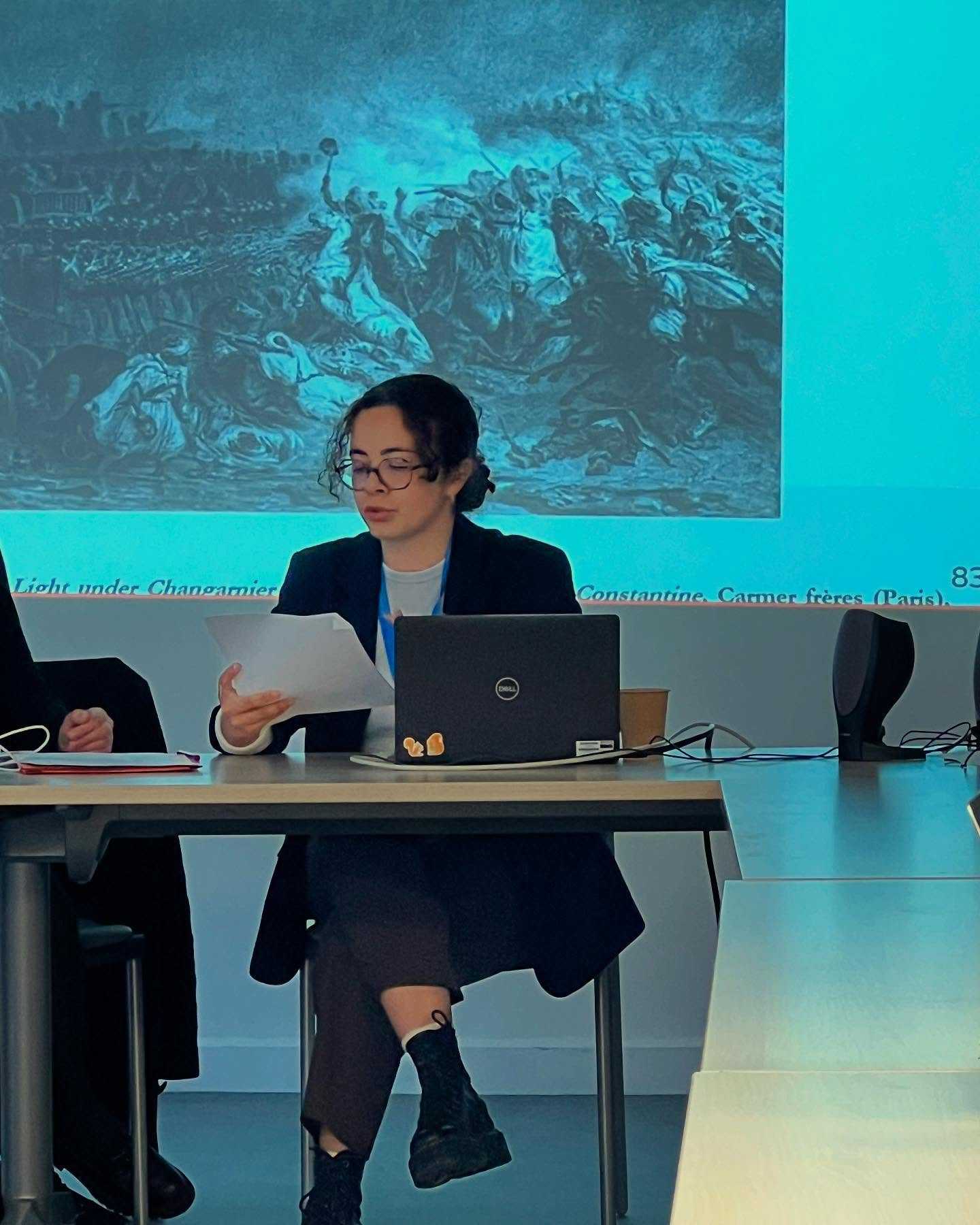Recording of the Colloquium — The Revue des Colonies: Diasporic Networks and the Struggle for Abolition
Maria Beliaeva Solomon
18 March 2025
The recording of the colloquium The Revue des Colonies: Diasporic Networks and the Struggle for Abolition, held on Friday, February 14, 2025, is now available on YouTube!
This event provided an opportunity to explore La Revue des Colonies from multiple perspectives, shedding light on its role in abolitionist struggles and nineteenth-century intellectual dynamics.
The colloquium opened with Abel Louis (Société d’histoire de la Martinique), speaking from the Archives territoriales de Martinique (ATM), who examined the many facets of Cyrille Bissette, the journal's founder, highlighting his political engagement, editorial activities, and his place within abolitionist circles. Continuing on this theme, Jacqueline Couti (Rice University) examined Bissette’s innovative approach to literary criticism, highlighting its use for political activism within the journal.
A second panel focused on the literary content of the periodical and its discursive strategies. Grégory Pierrot (University of Connecticut) explored the place of Haitian revolutionary fiction in the Revue des Colonies, while Maria Beliaeva Solomon (University of Maryland) examined its aim to form and promote a Black literary canon. Laure Demougin (Université Paul-Valéry Montpellier 3) analyzed the mediatic and editorial strategies used to support the periodical's abolitionist project, and Noëlle Romney (Université Sorbonne Nouvelle) discussed translation and the transnational circulation of ideas within the periodical.
Finally, a third panel addressed the political dimensions of the Revue. Chelsea Stieber (Tulane University) examined the role of the first emancipation in the journal's abolitionist agenda, while Michaël Roy (Université Paris Cité) discussed its internationalist networks and their political implications. Yasmine Najm (Leipzig University) explored the periodical’s coverage of the conquest of Algeria, and Jessica Balguy (Carnegie Mellon University) analyzed Bissette’s stance on colonial indemnity and the tensions it revealed within the abolitionist movement.
These presentations led to rich and stimulating discussions, offering a renewed perspective on this foundational periodical and the struggles it championed.
We extend our sincere thanks to the Archives nationales d’outre-mer (ANOM) in Aix-en-Provence and the Archives territoriales de Martinique (ATM) in Fort-de-France for their hospitality and invaluable support in organizing this event.





